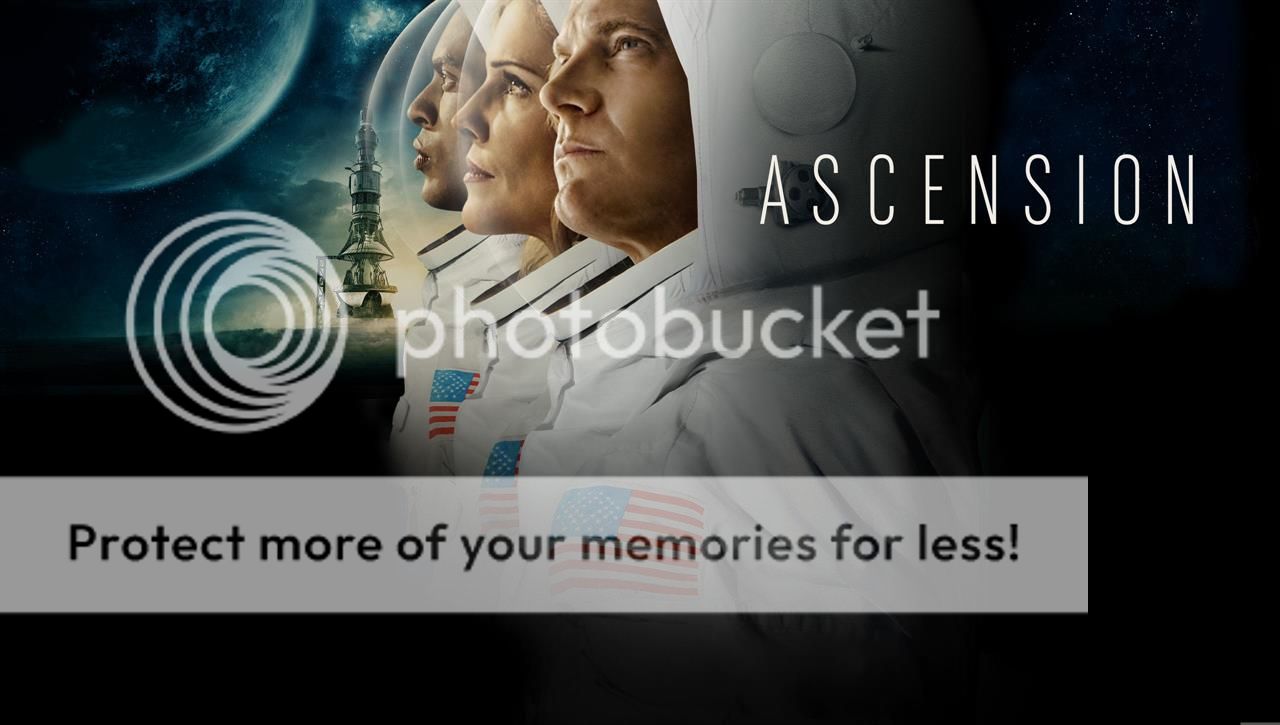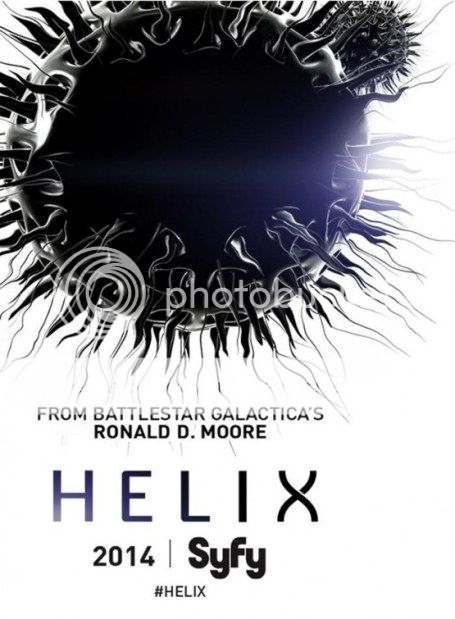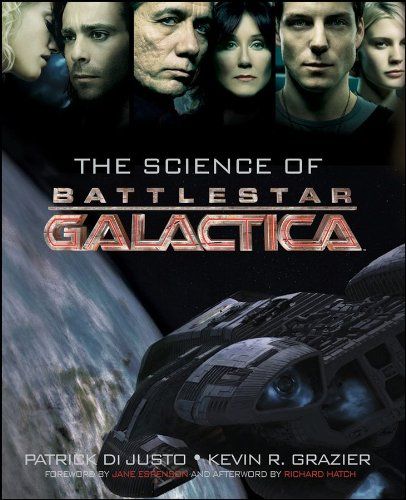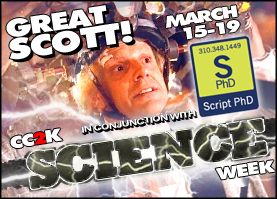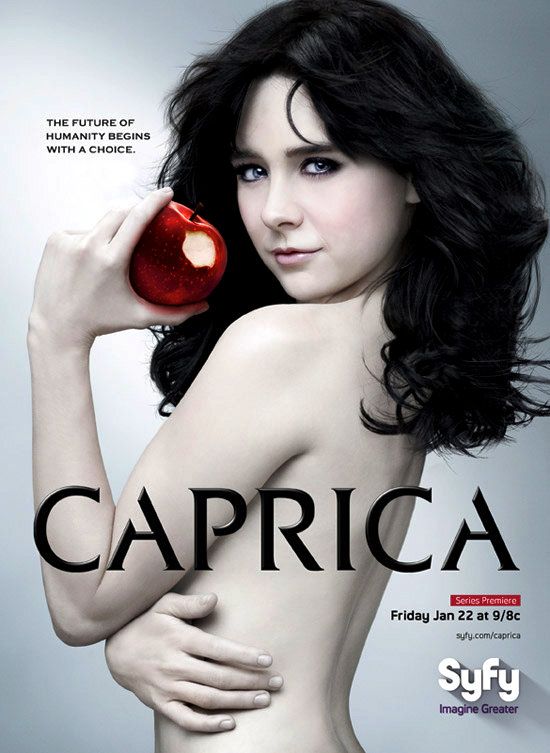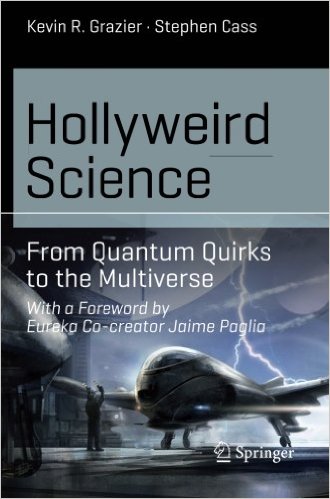
Dr. Kevin Grazier has made a career of studying intergalactic planetary formation, and, over the last few years, helping Hollywood writers integrate physics smartly into storylines for popular TV shows like Battlestar Galactica, Eureka, Defiance and the blockbuster film Gravity. His latest book, Hollyweird Science: From Quantum Quirks to the Multiverse traverses delightfully through the science-entertainment duality as it first breaks down the portrayal of science in movies and television, grounding the audience in screenplay lexicon, then elucidates a panoply of physics and astronomy principles through the lens of storylines, superpowers and sci-fi magic. With the help of notable science journalist Stephen Cass, Hollyweird Science is accessible to the layperson sci-fi fan wishing to learn more about science, a professional scientist wanting to apply their knowledge to higher-order examples from TV and film or Hollywood writers and producers of future science-based materials. From case studies, to in-depth interviews to breaking down the Universe and its phenomena one superhero and far-away galaxy at a time, this first volume of an eventual trilogy is the essential foundation towards understanding how science is integrated into a story and ensuring that future TV shows and movies do so more accurately than ever before. Full ScriptPhD review and podcast with author and science advisor Dr. Grazier below.
Continue reading Podcast: “Hollyweird Science” and the Quantum Quirks of Entertainment
